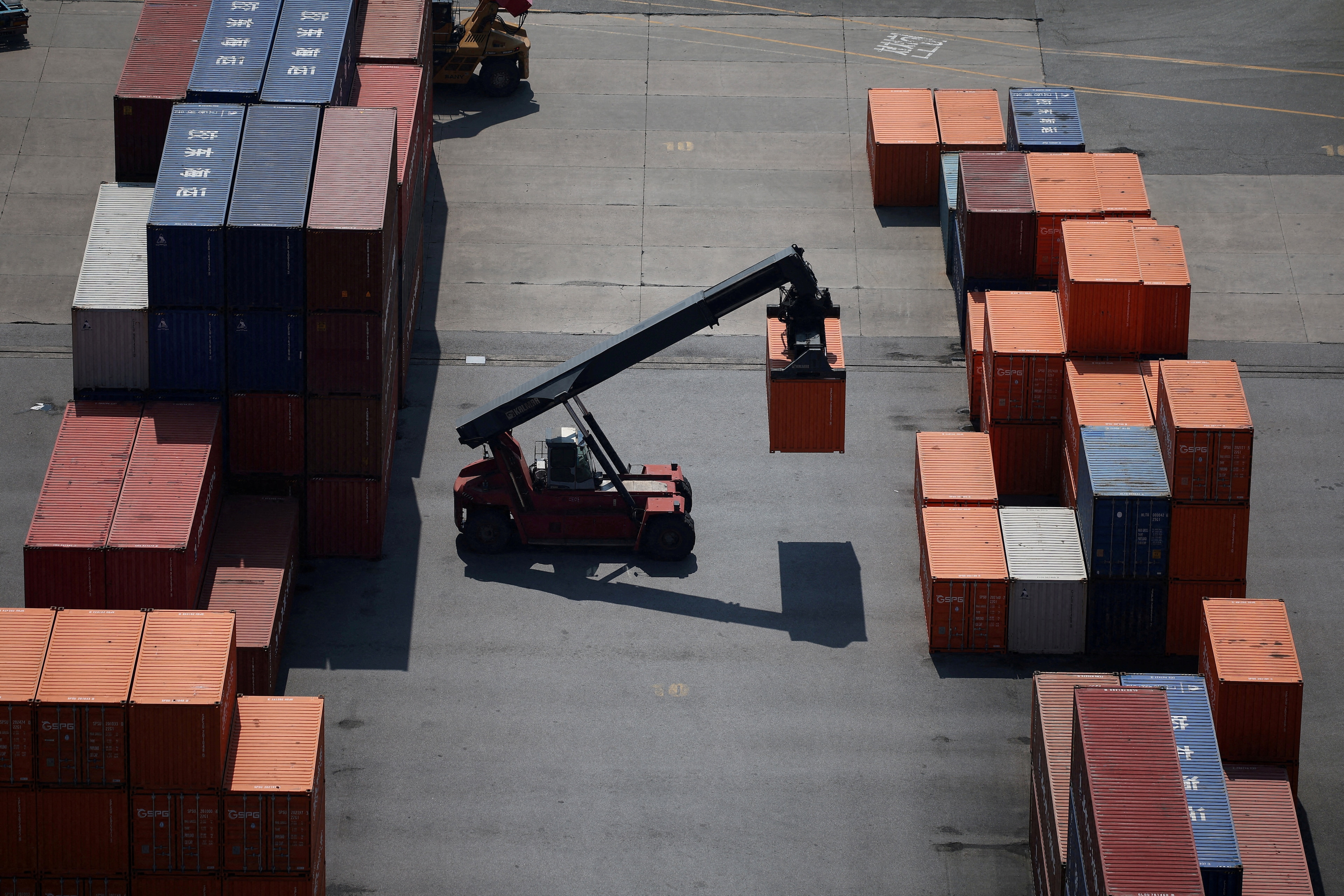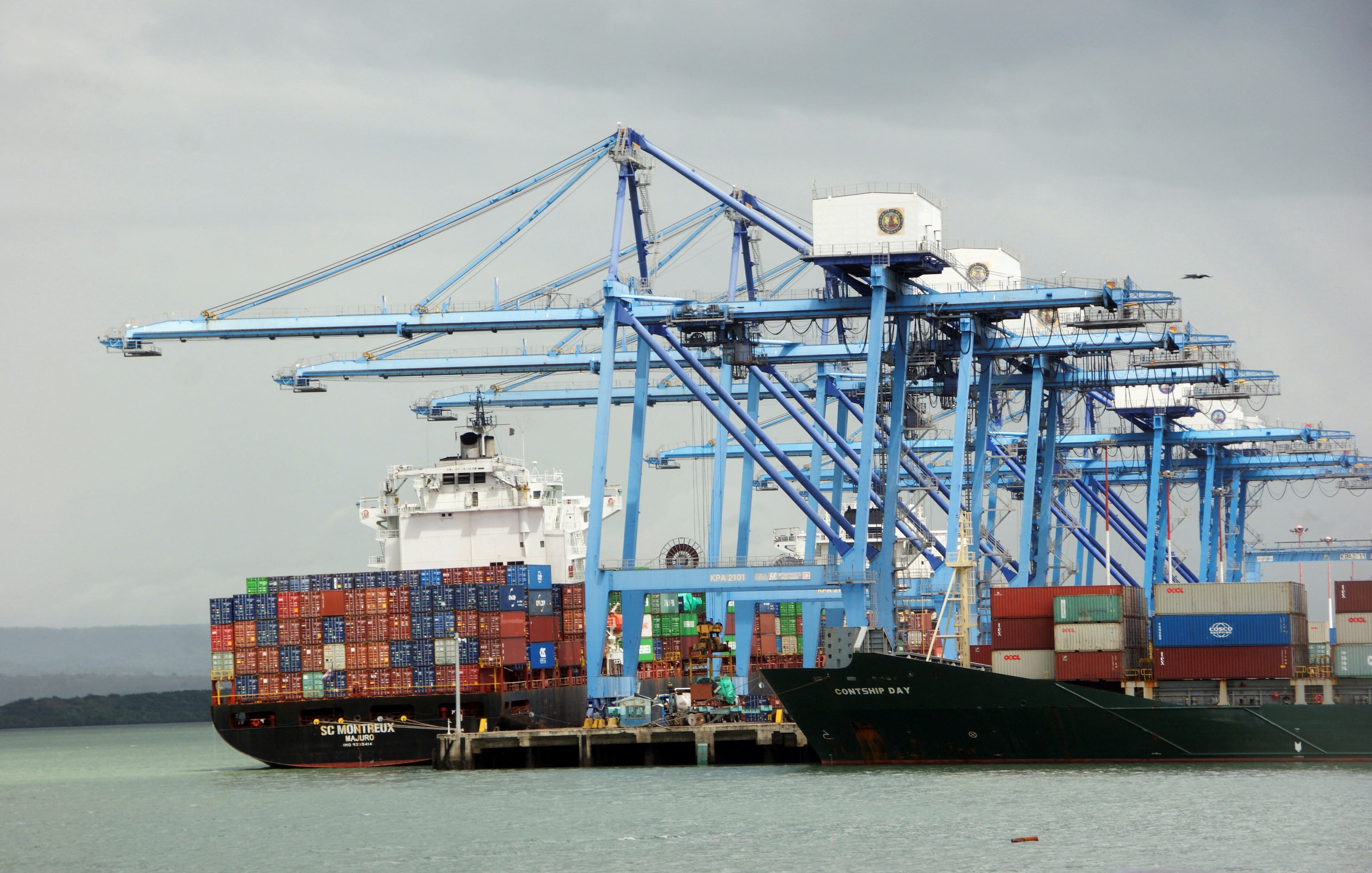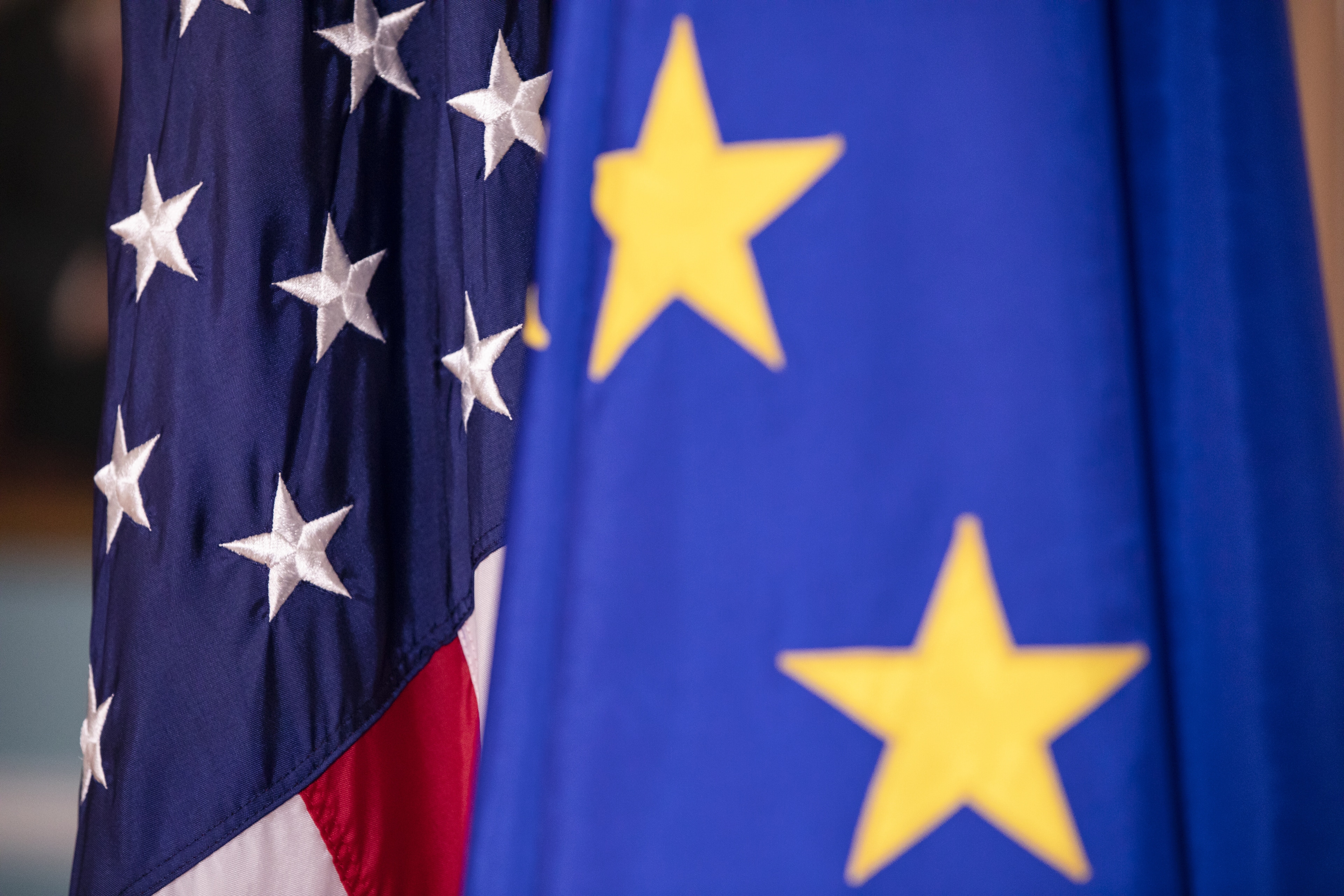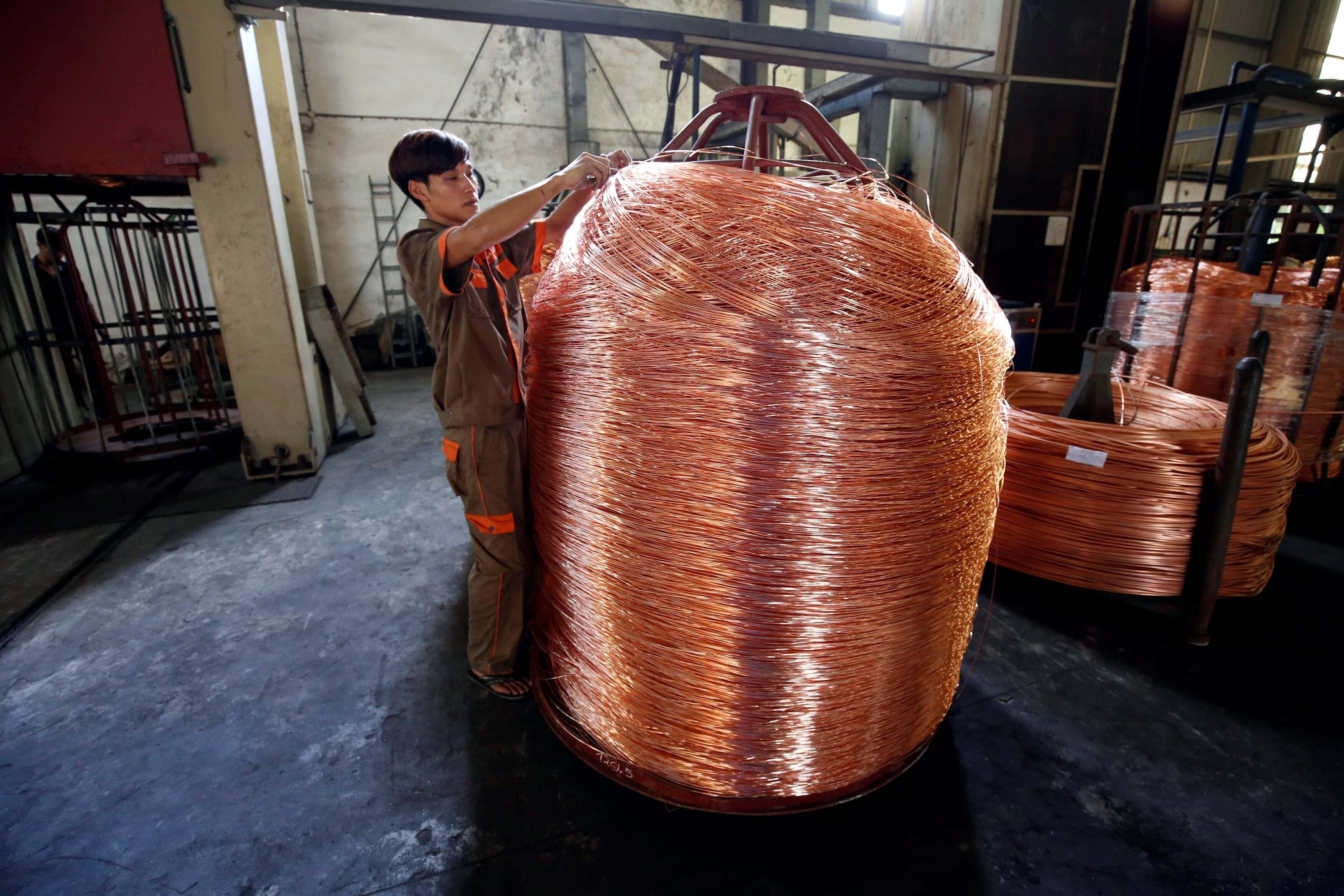Green supply chain: Four suppliers outline how they keep up with sustainability requirements
Image: Getty Images/iStockphoto
- Global regulations aimed at driving sustainability across supply chains are evolving, altering trade compliance processes.
- However, achieving more sustainable trade requires navigating many complexities on implementation through the supply chain.
- Four players involved in global supply chains outline how supply chain sustainability and related rules are playing out on the ground.
The number of global regulations aimed at driving sustainability across international supply chains are growing. These requirements alter trade compliance processes for companies and their suppliers.
The most recent development includes the EU’s adoption of the Corporate Sustainability Due Diligence Directive (CSDDD). Although the directive still needs to be implemented across the EU’s 27 Member States, with obligations starting between 2027-2029, many businesses are starting preparations.
Often, efforts build on the EU’s Corporate Sustainability Reporting Directive (CSRD), which requires large companies to disclose sustainability risks and impact – including emissions in the supply chain, among other aspects.
The EU is home to other new rules aimed at making trade more sustainable. Globally, the trend is likely to grow, especially as environmental and social externalities are priced in.
Since all economies rely on trade and investment in some way, policy-makers will want to make sure the shift from voluntary to mandatory sustainability efforts is not just a domestic obligation.
Sustainable trade involves navigating complexities
Achieving more sustainable trade is an important goal. It does, however, mean navigating many complexities on implementation – and particularly as obligations flow through the supply chain.
Significant capacity building will be needed to help suppliers meet sustainability information requests. Trade processes could potentially be streamlined where information can serve multiple compliance functions. Technology solutions likely have a role to play, though consistent data methodologies would be vital for system coherence.
How is the World Economic Forum contributing to build resilient supply chains?
To give us insight on capacity building needs and system improvements to suggest to policy-makers, we spoke to four players working in, with or running global supply chains. We asked for their views on how they provide or receive information from suppliers, and about the various ways buyers in supply chains are requesting sustainability information.
These views offer an on-the-ground, real-time feedback on how supply chain sustainability and related rules are playing out. We will be continuing the conversation at this year’s World Trade Organization’s Public Forum, as well as beyond.
Andrea Villarruel, Head of Certifications, Norandino Agricultural Cooperative
We find that buyers have different data collection systems and some of them work with different platforms. For example, one coffee buyer’s requests that all information around our coffee plots be uploaded to a platform, and then from this group indicate which ones are linked to the coffee lot that will be shipped.
Norandino Agricultural Cooperative has taken four years to collect environmental information on coffee and cocoa. Polygons are often required by buyers, even when the plot is less than four hectares, which is the threshold for the EU deforestation regulation. In our case, as we are a Fairtrade-certified organization, we have free access to the Satelligence platform for deforestation analysis.
Adam Brennan, Group Director, Sustainability and Corporate Communications, Thai Union
Providing social and environmental information to buyers is a highly complex task due to several factors. First, the data collection process is intricate, often hindered by fragmentation of data sources across large and dispersed supply chains. Additionally, the involvement of intermediaries, such as aggregators, adds another layer of complexity, as it becomes challenging to ensure consistent and accurate data tracking.
The lack of standardized metrics across different regions and industries further complicates the verification process. Compliance with various environmental, social and governance (ESG) regulations requires scalable tools – beyond traditional methods like Excel – that can handle the vast amounts of data from thousands of sources.
Accept our marketing cookies to access this content.
These cookies are currently disabled in your browser.
Finally, the varying capabilities of suppliers and the absence of comprehensive engagement programmes often result in gaps or inconsistencies in the data provided.
Buyers also employ a variety of approaches when requesting information, each presenting distinct challenges. While direct requests from buyers are common, they are often accompanied by assessment requests facilitated by third parties. Additionally, buyers may seek data verification or certification, introducing an additional layer of scrutiny.
Managing different tools and processes to meet varying buyer requirements underscores the need for scalable systems and robust supplier engagement programmes. These ensure consistency and accuracy in the data provided.
Bless Agume, Director Operations, Ndugu Farmers, Uganda
Providing social and environmental information to our clients, who are largely multinationals, is quite challenging due to varying expectations, standards, definitions and requirements.
For instance, some clients ask us to track greenhouse gas emissions from our rural based coffee hulling stations but this can be difficult without specialized equipment, technical expertise or trainings. We often hire consultants to help which increases our expenses.
Additionally, different buyers have varying standards definitions. For instance, some clients define child labour by International Labour Organization (ILO) standards, while others define it by national laws, and others by different certifications standards. For traceability, some clients find farmer GPS points enough, while others require polygon maps.
Our clients also have different information sharing processes. Some use certification platforms, others customized forms or tailored digital platforms. Regular changes in approach can make data management more time-consuming and resource intensive.
At Ndugu Farmers, we have harmonized this by investing in our own digital platform, to help with harmonizing data. We are also partnered with the International Trade Centre (ITC) that has played a crucial role in bringing all coffee sector actors together in the country to harmonize our understanding of new regulations in export markets. For example, we have created sector consortiums that have agreed to do national farmer mapping, which helps to bring down individual traceability costs for farmers (and the government).
Joel Frijhoff, Sustainability Due Diligence Manager, Ørsted
Ørsted is engaging with our direct supplier to collect data on a number of social and environmental topics, such as decarbonization, circularity, biodiversity and human rights.
Within the EU, the recent regulations (CSRD and CSDDD) created a legal obligation on reporting and disclosure on key sustainability topics for us and key suppliers, which will facilitate easier collection of standardized data on vital sustainability topics.
Outside of the EU, there are frameworks that help investors and financial institutions ask the right questions to their stakeholders in various industries, which is creating awareness around the synergy between nature and financial risks/dependencies, as well as opportunities.
However, we do observe a difference in collecting social and environmental data from suppliers outside of the EU, as well as differences in maturity of tracking sustainability data.
More generally, some sustainability topics are more advanced than others – like CO2 data – whereas biodiversity and human rights data are less mature and harder to quantify. Within some of these areas, we are working with stakeholders towards industry standards for data collection, as there is significant value in standardization and alignment.
While supply chain sustainability data is a challenge, we have plenty of information available to take action on sustainability today and some of the Ørsted examples include integrating sustainability requirements in procurement processes, and partnering with suppliers on specific low emission products and longer offtake agreements.
How is the World Economic Forum ensuring sustainable global markets?
More on Trade and InvestmentSee all
Madeleine North
August 6, 2025
JJ Enoch
August 6, 2025
Spencer Feingold
July 30, 2025
Charlotte Edmond
July 30, 2025
John Letzing
July 24, 2025





